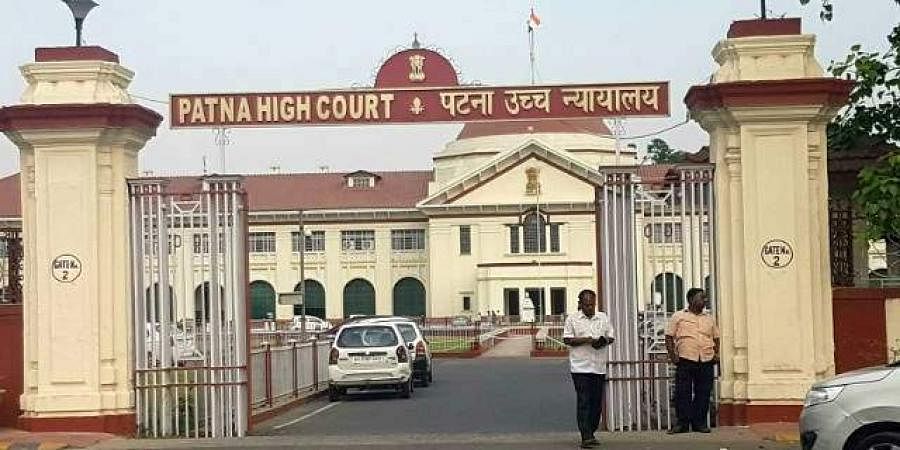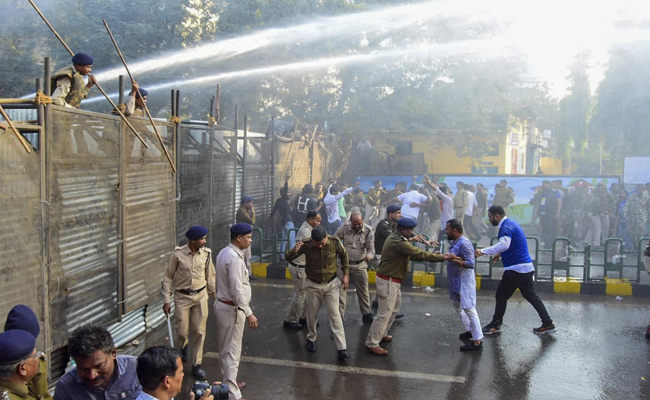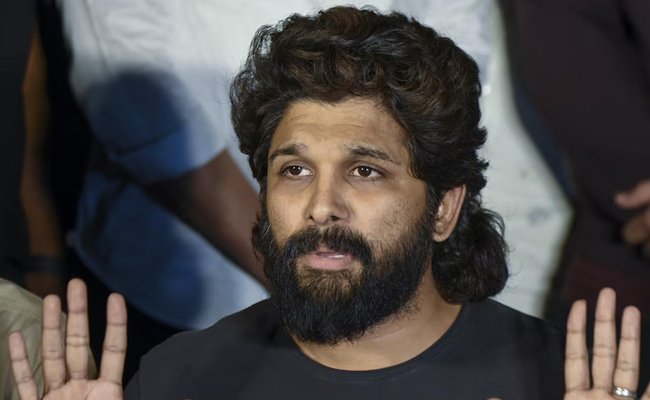Patna, Feb 13: The Patna High Court has said it appears that mental health of people and their treatment are the "least priority" of the Bihar government, and directed the chief secretary to take all steps to ensure establishment of State Mental Health Authority.
A division bench, comprising Chief Justice Sanjay Karol and Justice S Kumar, expressed shock over the absence of such an authority in the state.
"It appears that mental health of a person and treatment of those who are in need, more so during the time of Covid-19, is the least priority of the state government," the bench said.
It heard a public interest litigation, filed by Akanksha Maviya, which sought direction from the court to the state government to establish a legitimate and functional mental health authority with adherence to the Mental Healthcare Act, 2017 and start a helpline and counselling facilities.
The government had earlier submitted an affidavit on the issue as sought by the bench.
The Act deals with establishment and composition of the state authority for people with mental illness. The purpose of the law is to provide healthcare services to them and to protect, promote and fulfil their rights.
The bench noticed that a "step for establishing the authority commenced only in 2020, that too, with the publication of an advertisement in the newspaper and since then nothing has been done to expedite the process".
It also observed that even the affidavit did not disclose the time limit within which the process of setting up the mental health authority would be completed.
"Shockingly, as is now evident from the affidavit filed by the state, the said authority has yet not been constituted.... we are constrained to direct the Chief Secretary, Government of Bihar, to forthwith take all steps ensuring establishment of the authority as stipulated under Section-45 of the Act," the bench said in its order on February 10.
It also directed the chief secretary to file an affidavit of compliance, indicating the latest status before February 25, the next date of hearing.
"We also expect the Chief Secretary, Government of Bihar to indicate the steps taken for complying with the other provisions of the Statute, the deficiencies pointed out by the petitioner in the writ petition, and the suggestion given for proper and effective implementation," the bench added.
Let the Truth be known. If you read VB and like VB, please be a VB Supporter and Help us deliver the Truth to one and all.
Raipur (PTI): Several Congress members were detained after they took out a foot march to the residence of Chhattisgarh Chief Minister Vishnu Deo Sai here while alleging that Union minister Amit Shah had insulted Dr BR Ambedkar, police said on Tuesday.
Members of the opposition Congress and its youth wing started the protest march from Raipur's Gandhi Maidan on Monday afternoon.
While they were heading towards the CM's residence, several protesters were detained and later let off in the evening, a police official said.
The opposition party members also tried to 'gherao' the residence of CM Sai to register their protest against Union Home Minister Amit Shah's remarks on BR Ambedkar in Parliament recently.
Heavy police security was deployed near the CM's house to stop the agitating Congress workers. Police also used a water cannon to disperse the protesters, a party functionary said.
Speaking to reporters, Indian Youth Congress National President Uday Bhanu Chib, who led the protest, said, "The way Amit Shah made fun of Babasaheb Ambedkar in Parliament, we demand that he should resign. He should apologise to the people of the whole country.''
Chhattisgarh Congress chief Deepak Baij and state Youth Congress head Akash Sharma also participated in the foot march.
The Congress leaders also raised the issues pertaining to law and order, sale of narcotics, drugs, high power tariff and unemployment in the state.
Earlier, former Chief Minister Bhupesh Baghel and Baij addressed a gathering of party workers in front of the Raipur Municipal Corporation.
Baij expressed concern over the law and order situation in the state while referring to an incident of firing at a man outside the Central Jail in Raipur last month.
Further targeting the BJP government, Baij claimed women were not safe in the state.





